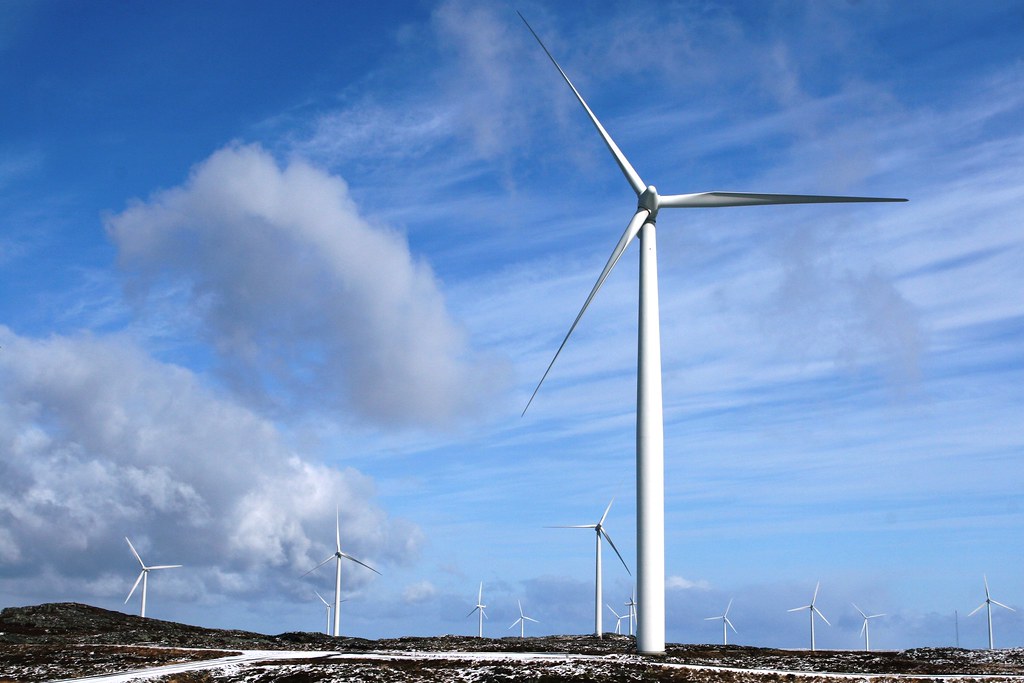What is Onshore Wind Energy?
Wind energy is harnessed using turbines. Uses no fuel and no pollution makes wind energy the least expensive type of energy production. Onshore wind farms use only a small percentage of land square footage so other essential land uses can happen simultaneously in the same location. Wind energy is variable and must be paired with other types of energy. [1] (Source: Statkraft)
(Source: Statkraft)
Solution Applications in Alberta
Alberta has the third-largest wind power sector in Canada and it supplies about seven per cent of provincial demand thanks to about 1,500 megawatts of capacity from 900 turbines at 37 projects [2]. Alberta has a long history with wind project development, with approximately 50 commercial projects having been developed in the province over the last three decades. For operation and maintenance, project owners and operators bring in expertise from wherever it exists and/or move people into Alberta to do the work. Replacement parts are imported in. To date, expertise and capacity does exist with respect to the fabrication of wind turbine towers in Alberta, but materials like concrete and power electronics are.
Some owners of winds farms in Alberta are TransAlta, Enmax, IKEA, Enel Green Power and Capital Power Generation. The largest windfarm, in terms of installed capacity (MW), is the Blackspring Ridge Wind Project in Vulcan County, Alberta. The wind farms generates 300 MW of electricity and is co-owned by EDF Renewables and Enbridge [3].
Reducing Emissions
In progress.
Application Status in Alberta
In progress.
Emission Reduction Potential (MtCO2e)
In progress.
Economic Impact (Cost per MtCO2e)
In progress.
Life Cycle Emissions
In progress.
Co-Benefits
In progress.
Jobs and Training
In progress.
Partnerships & Organizations Working on Solution
In progress.
Regulatory Status in Alberta
In progress.
Further Implementation
In progress.
Get Involved
In progress.
Overall Solution Priority for Drawdown Alberta
Very high